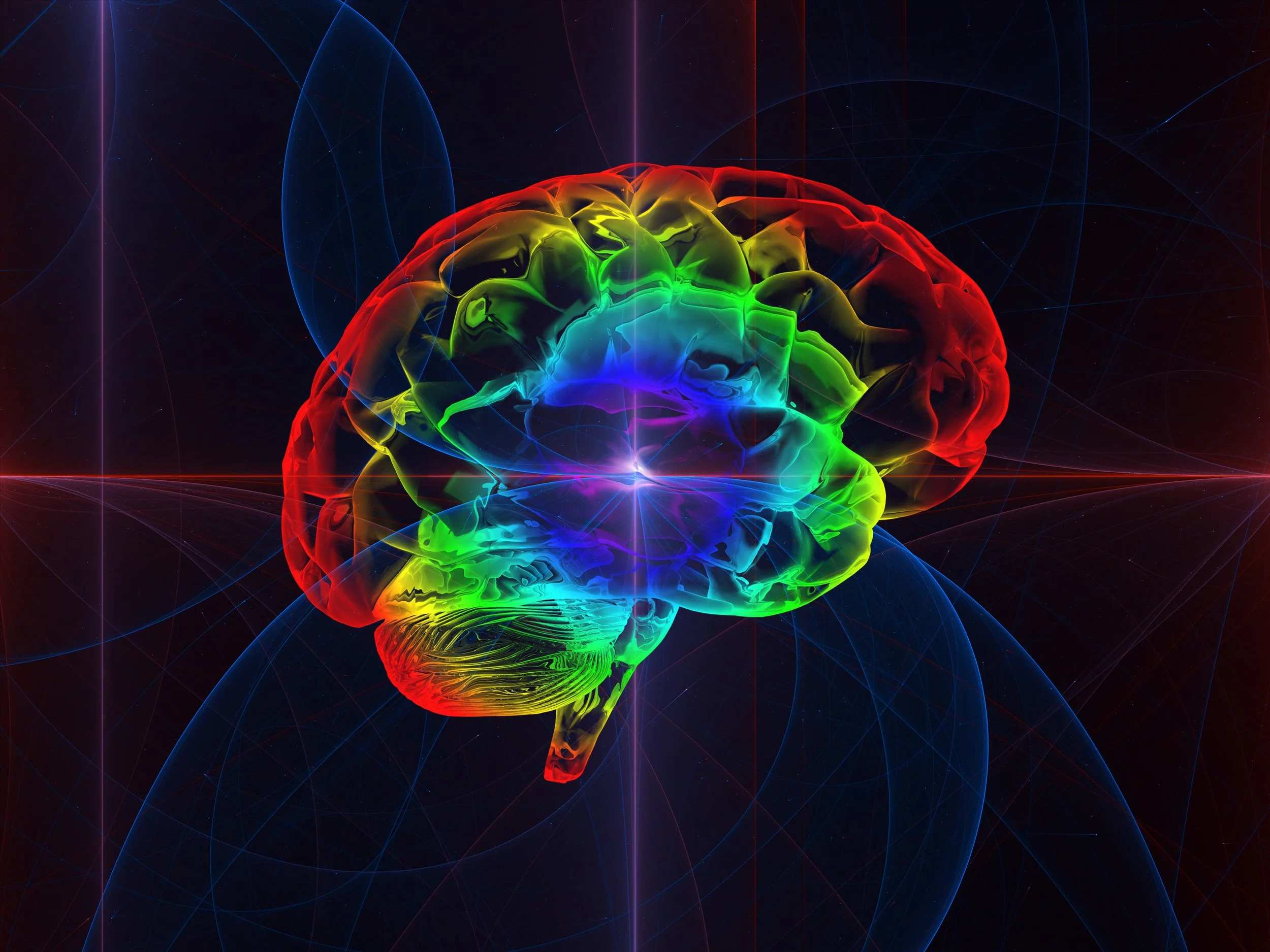DISCOVERY
1. FINDING, UNCOVERING, UNEARTHING
2. REALIZING, RECOGNIZING, REVEALING
3. CREATING A NEW PERSPECTIVE AND WAY OF LIFE
Discovering a New Perspective on an Old DIFFERENCE
If you're reading this, you're most likely someone has been diagnosed with ADHD, love someone who has been, curious about the possibility, or simply interested in the topic. Specializing as a psychotherapist in ADHD for more than 20 years, merging this clinical experience with scientific research, principles of evolution, and personal experience, the following is a new perspective on what I believe is an old difference.
The human brain has approximately 88 billion neurons with trillions of connections. Like all other animal brains, that collective activity needs to be regulated to work well. Given that, our brain regulates itself, in many different ways, including chemically and structurally.
In ADHD, or what I call the RD mind, it’s just a little less regulated. And because it’s a little less regulated, there is more thinking, feeling, and doing (or energy). This is why the mental health diagnosis of Attention Deficit Hyperactivity Disorder exists, corresponding with the clinical criteria for distractibility, impulsivity, and hyperactivity.
Furthermore, the RD Mind exists because evolution shaped it that way. Through the eons of evolution that led to human beings, we succeeded because some people were more creative, better at problem-solving, more passionate, remarkably intelligent, and more energetic than others. This portion is an estimated 10% of the world’s population at this point. Importantly, the RD Mind evolved in human beings when we were hunter gatherers. This is when we lived in groups of maybe 25 individuals, raising families, cooperating as a group, and hunting and gathering food every day. At this point in human evolution, there were no desks, clocks, calendars, offices, or schools — all of which are typically challenging to people with RD Minds.
This new perspective on an old difference demonstrates it is not the choice of the person, or because of bad parenting, or the result of poor character, or some other inaccurate description. This new perspective on ADHD is that it is caused by a natural difference in the regulation of neurological activity. If you have an RD Mind, it means your brain is different in how it regulates thoughts, emotions, and behaviors (which is why I call it a regulation difference mind, or RD mind).
With less regulation of your neurological system, you experience some combination of more thinking, more feeling, and more activity, enabling both the gifts and challenges of the RD mind. For gifts, you have a remarkably powerful intelligence; you have a incredible ability to problem solve; you are more creative than most people; you probably have a great deal more passion than others; and, you have more energy, or you run circles around other people. For challenges, you have more thoughts per second than other people, which leads to both distractions and difficulties with planning and organizing; you feel a lot of emotion in all parts of life, which can be difficult to manage in some situations; and you can't sit still or stay in one place too long because your brain says keep moving, which means it's even more difficult to stay on task — along with the random distractions.
As opposed to the traditional understanding of ADHD, which says that a person does not have enough self control, this perspective says that there are more thoughts, more feelings, and more energy/activity for anybody to control, which can be challenging at times and in certain situations. It says nobody would be able to control the amount of thoughts, emotions, and actions given to an individual by the RD mind.
For example, most of us have one or two thoughts in our mind at once, and those thoughts do not change quickly. If you have an RD Mind, you have four or five thoughts in your mind at once, and they change constantly. This explains why it's extremely hard to focus on boring and/or less consequential tasks, and why it's easy to be distracted.
Most of us feel emotions in a way that is rather moderate and easily managed. But if you have an RD Mind, you may experience big highs and lows, rapidly fluctuating ups and downs, huge happiness and sadness, and everything else intensely and quickly. I call it bursting and flooding, and sometimes it may work well for you, like when you’re happy, and at other times it may get you in trouble, like when you’re angry.
For 90% of us, we are easily able to sit through a movie, feel settled when we’re bored, and stay in our seat for a class (as a child). For those of us with an RD mind, it may be extremely hard to do that. You just can’t sit still in those settings. In fact, even if you do stay in your seat, you may be moving a leg or twitching a foot; it’s impossible to sit still.
USe the Gifts and MEET THE Challenges of your RD Mind
I invite you to watch the series of videos below to understand all of these issues and dynamics relating to your RD Mind, which include both your gifts and challenges.
This explanation provides a different and new perspective on how and why this neurological difference we call ADHD exists, how and why it happens, how and why you want to take advantage of your gifts, and also how and why treatments are effective.
Most importantly, if you have been diagnosed with an RD mind, it was not your choice — you were born that way. Evolution shaped it that way, and that's the way your brain will always work. As I said, that’s why this is “an old difference,” as the RD mind has been present in every human generation, from the beginning.
There are many ways to approach the gifts and challenges of an RD mind, and discovering how your mind works is the first step.



